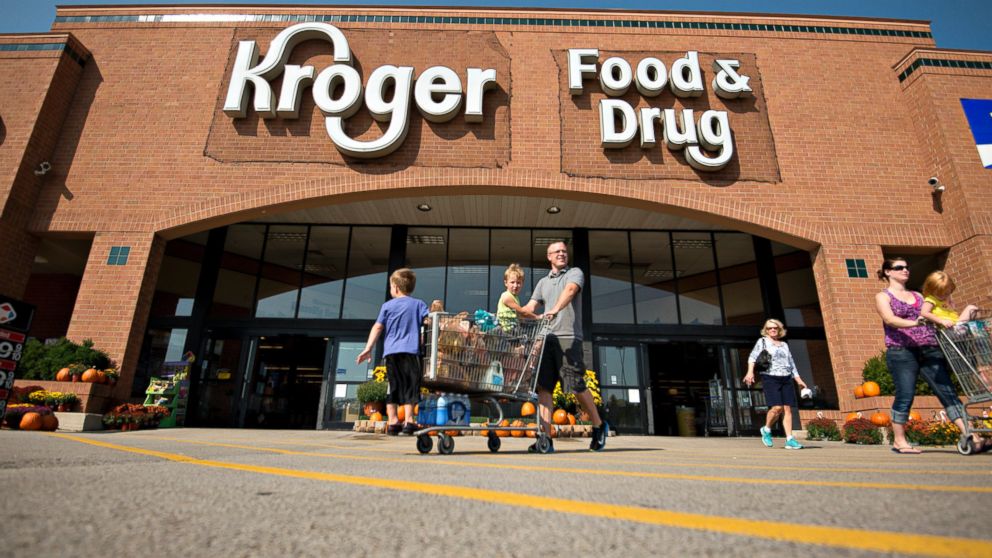Prices Now Pegged to Your Buying History at Some Markets
Personalized pricing is supermarkets' latest way to win and keep your business.

Dec. 2, 2013 -- As more supermarkets experiment with "personalized pricing," the more likely it becomes that you and the shopper standing next to you will pay two different amounts for the same quart of milk. Same store, same milk, different prices.
Personalized pricing refers to the ongoing effort by brick-and-mortar retailers, supermarkets especially, to imitate what online retailers such as Amazon.com have done for years: Use customers' shopping history to make intelligent guesses about what they will want to buy next, when they'll want it, and how much they'll be willing to pay.
Safeway 18 months ago introduced "Just For U," a service shoppers access through their home computers or through their smart phones, using a special app.
How loyalty programs influence the way you shop
Teena Massingill, director of corporate public affairs at Safeway, explains that once a customer signs up, Just For U takes their past six months of shopping history (as captured by their club card) and uses it to build a shopper profile specific to him or her.
"That way," says Massingill, "we can offer them personalized deals." If there's no history of their buying dog food, they won't be bothered with coupons good for dog food; if they've never bought baby food, they won't get coupons good for baby food or wipes. "But if we see them buying baby food but not wipes," she says, "we'll try to sell them wipes, via personalized deals and coupons you can download. There's no clipping, no mailing. The discounts load directly to the club card, so the discount is already taken by the time you get to the register. If you buy hotdogs but no buns, you'll get a bun discount."
Other, more sophisticated personal pricing programs can keep track of where you are in the store, using your smart phone's GPS feature. If you're in the oral hygene aisle, for example, the system knows that, and may give you cents off on mouthwash.
It may be able to keep track of your purchasing in real time, says Nancy Childs, PhD, professor of food and marketing at Saint Joseph's University in Philadelphia, if you are using the bar code reader on your phone to keep track of what you're buying. You could total your purchases and make your payment via your phone, skipping checkout. "What a bonus that would be Thanksgiving week!" she says.
Such systems, says Ellen Dixon, senior vice president of marketing for the Food Marketing Institute, aren't yet in wide use. "The technology exists, but it hasn't been widely adopted. Lots of experimentation still is going on." Supermarkets are in the vanguard, she says, because they tend to have more data on their customers (via club cards) than do other merchants.
John Caron, vice president of Catalina Marketing, tells ABC News that "personalization" has become the holy grail of retailing. Reason: merchants regard it as the key to winning a customer's loyalty and preventing him or her from taking their dollars elsewhere. "Would you rather interact with a retailer who takes your needs into consideration?" he asks, "or do you want somebody who regards you as just one of a million others?"
Thanksgiving shopping? Not in states that ban it.
Caron says most shoppers appreciate the services that come along with personalization more than they resent having to share information about their shopping habits. The same smart phone app that knows when you've likely run out of paper towels (because you buy them once a week and two weeks have passed without a purchase) can remind you to buy them. It can recommend items for your shopping list, help you assemble your list and then, based on where the items are located in the store, recommend the most efficient shopping route that saves you the greatest number of steps.
The payoff for stores, Caron says, can be dramatic: "We surveyed shoppers. The ones using mobile apps shop 41 percent more often, and their basket size is 43 percent bigger."




